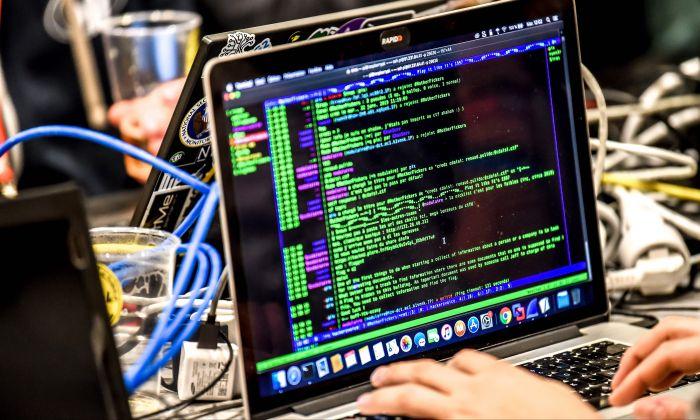The U.S. Cybersecurity and Infrastructure Security Agency (CISA) and Ukraine’s cybersecurity agency signed an agreement this week aimed at bolstering collaboration between the two nations on shared cybersecurity priorities, CISA announced.
CISA’s signing of the memorandum of cooperation (MOC) with the State Service of Special Communications and Information Protection of Ukraine (SSSCIP) aims to strengthen cooperation between the two countries in a number of areas, including information exchanges and the sharing of best practices on cyber incidents.
It will also expand upon the two agencies’ existing relationship with regard to sharing key data on critical infrastructure and allow for shared cybersecurity training and joint exercises.
“I applaud Ukraine’s heroic efforts to defend its nation against unprecedented Russian cyber aggression and have been incredibly moved by the resiliency and bravery of the Ukrainian people throughout this unprovoked war,” Easterly said.
Slew of Cyberattacks
Russia has reportedly attacked both Ukrainian and U.S. cyber networks and infrastructure in the past, with the country allegedly being behind the SolarWinds technology hack in 2020, which left several agencies, including the departments of Defense, State, Homeland Security, Energy, Treasury, and Commerce compromised.Russian officials have denied that they were behind that attack, with the Russian Foreign Ministry stating that the country “does not conduct offensive operations in the cyber domain.”
Oleksandr Potii, deputy chairman of SSSCIP, said in the joint statement on July 27 that the agreement represents an “enduring partnership and alignment in defending our shared values through increased real-time information sharing across agencies and critical sectors and committed collaboration in cultivating a resilient partnership.”





